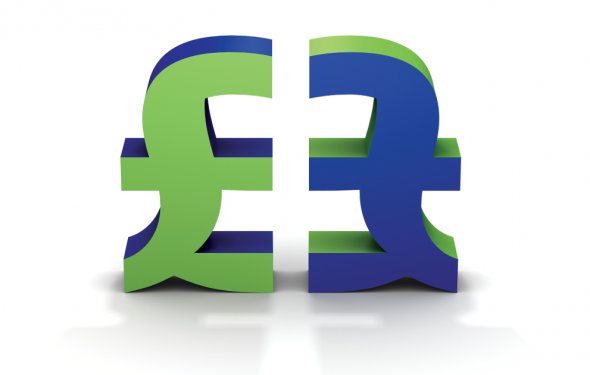Compare the market fixed rate bonds

If you have debts, pay those off first before fixing your savings
If the interest cost of your debt is more than you'd earn on savings you're better off paying down the debt. If you've 1, 000 on a credit card at 20% it costs 200 a year, assuming a constant balance. In savings at 2% you'd earn 20 a year so you'd be 180 a year better off repaying the card instead of saving that cash. Much more info in Should I Repay Debts With Savings?, including why you don't need an emergency fund.
What about my mortgage? Should I overpay that?
Much of this depends on the rate you're paying. If you have a super-low interest rate mortgage, then it may be that you can get a higher rate on your savings than you'd save by overpaying your mortgage. But, even if this is the case, it's still worth considering paying it off faster, as interest rates won't always be low.
For people with a higher rate mortgage of 2.2% or more, then overpaying it is a no-brainer. For example, take repaying a 5% mortgage, which would cost 500 in interest each year for every 10, 000 borrowed...
To earn 500 a year after tax on 10, 000, a basic-rate taxpayer needs an account paying 6.25%, higher-rate 8.33% and top-rate 9.1%.
These are phenomenal, gobsmacking, unheard-of amounts that you simply can't get safely in any normal account, which shows just how profitable overpaying a mortgage can be.
But whether you can overpay your mortgage or not depends on your mortgage provider and the type of mortgage you've taken out. The vast majority of lenders allow you to overpay, though there's usually a limit to how much you can overpay. Common limits are 10, 000 a year or 10% of the value of your mortgage debt each year.
Find full information on the pros and cons in the Should I overpay my mortgage? guide, plus see how overpaying affects your mortgage with the Overpaying my mortgage calculator.
All savings interest is paid tax free
- All savings interest is be paid gross, ie, there'll be no tax taken off.
- This works for ALL interest - not just savings accounts, but bank accounts, credit unions & peer-to-peer savings. However share dividends aren't included.
- Basic 20% rate taxpayers can earn 1, 000/yr interest tax-free.
- Higher 40% rate taxpayers can earn 500/yr interest tax-free.
- Top 45% rate taxpayers don't get a PSA, so all interest is taxable.
- Cash ISAs, Premium Bonds and other tax-free savings interest DON'T count towards the 1, 000 (or 500) PSA limit so you can get this interest too.
- If you earn interest over the limit, you pay tax at your income tax rate, but only on the amount over the limit.
If you do then owe tax, it'll be taken through your tax code. If you self-assess, you'll declare anything you need to pay there. HMRC estimates the PSA will take 95% of people out of paying savings interest tax altogether. For full info and what to do if you'll earn over the limit see our how the personal savings allowance works guide.
Is there a way I can pay less tax on my savings interest?
Well, there are probably many illegal ways, but we're not talking about those.
But there's one completely legal way we know of. If you're in a couple, and one of you pays a lower rate of tax than the other, it's financially worth considering whose name you save in (but ONLY if you trust them). Put it in the lower rate taxpayer's name and you'll get more interest as they'll have a higher personal savings allowance. There's nothing stopping married couples or civil partners moving money between them.
If you're not married, there's no tax on giving your partner a 'gift' – though once the money goes across, be aware it becomes their cash, not yours. The only extra issue here would be inheritance tax. If the person who gave the cash dies within seven years the surviving partner may be charged tax.